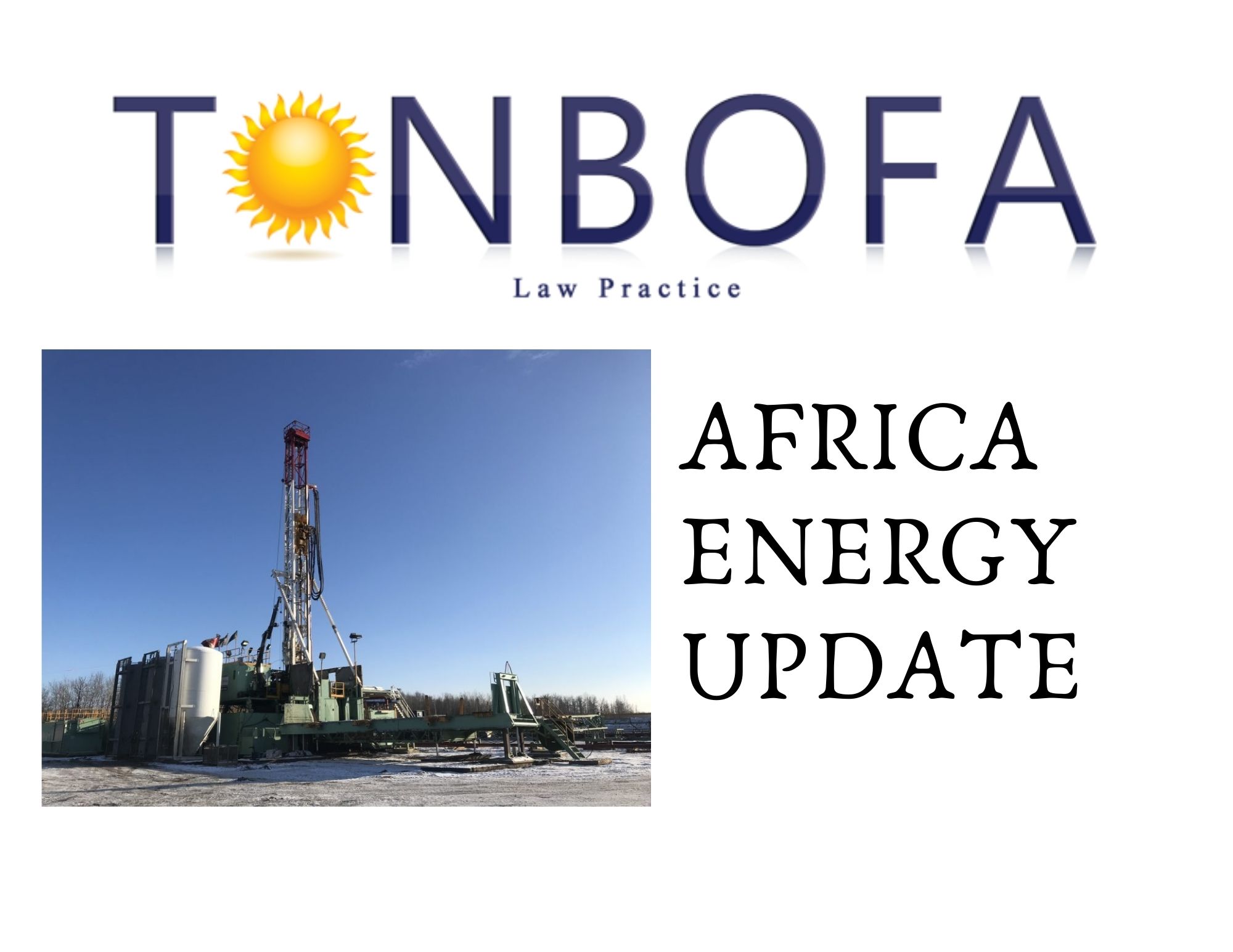by TONBOFA LP

The world is discovering in the wake of the Covid-19 pandemic “the Pandemic” that investing in people’s social needs is mandatory for every economy. With nations’ healthcare systems being overwhelmed by the number of Covid-19 patients, it is certain that countries will prioritize investments in healthcare, as well as in availability of water and other vital infrastructure that ensure good hygiene practices. Such investments are usually made by governments of countries or non-profit organizations. “For profit organizations” usually steer clear of social investments due to their high risk. Social impact investing is however turning this trend around, with social investments becoming more attractive to “for profit” organizations.
Social Bond Principles: Organizations like social enterprises, private equity firms and governments had begun to invest in targeted social needs for both impact and profit returns prior to the Pandemic. A need to reduce the risks involved in such investing led to defining of the Social Bond Principles (SBP) to be used as a guide by participants in the social investments for measuring risks involved. The SBP rely on four core components to mitigate associated risks: (i) Use of Proceeds which must be described in project documents (ii) Process for Project Evaluation and Selection of beneficiary groups, service providers (iii) Management of Proceeds (iv) Reporting. Participants in the social investments rely on the promoter’s planned method of managing these 4 components as disclosed in the investment documents in making an investment decision.
Participants usually include: (i) the Service Provider(s) who directly provides the select social service to the people in need of them; (ii) the Investor(s)- those who finance the programs (iii) the Outcome Payer- the entity who is the promoter of the program, determines the targeted social outcome sought to be met and pays the investor their returns on investment once the social outcome is met (iv) the Intermediary- the organization responsible for arranging the relationship amongst the outcome payer, the service provider and the investors.
Legal Documentation: As can be expected, one of the fundamentals of a successful social impact investment is the legal documentation in place amongst the parties. The terms governing the relationships amongst all parties must be clearly spelt out. The legal documentation usually include: (i) Framework Agreement amongst all the parties detailing the entire transaction; (ii) Grant and Services Agreement between the Investors and Intermediary detailing the terms for payments to be made by the investors into the program and the Intermediary’s use of Service Providers; (iii) Outcome Payer Agreement between the Outcome Payer and Intermediary identifying the expected outcomes to be met for payment of returns to the investor; (iv) Services Agreement with the Service Providers; (v) Evaluation Agreement documenting the method of evaluating the progress and success of the program; (vi) MOUs and other level of service and consultancy agreements.
A Post Pandemic society is one who invests in social needs. The scale at which this will be done would depend on access to finance. Access to finance from more private investors for social needs will depend on better metrics for measuring the projects, minimizing costs and uncertainties and ensuring transparency, accountability and enforceability of project documentation. For more on this, kindly send an email to tashimi@tonbofa.com
Share
Africa Energy Update- ZIMBABWE: Solgas Energy commissions its 5 MWp Cross Mabale solar power plant Renewable energy producer Solgas Energy is commissioning its Cross Mabale solar power plant in the northern Matabeleland province. The plant, which is connected to the Zimbabwean national grid, has a capacity of 5 MWp. A solar photovoltaic power plant goes into
The passage and signing of the highly anticipated Petroleum Industry Act is a landmark in the oil and gas industry. The Act provides legal, governance, regulatory and fiscal framework for the Nigerian Petroleum Industry and development of Host Communities. For more information on key provisions of the Act click here to learn more
FG Okays N35bn For NEPZA Power Station The federal government yesterday approved the sum of N35billion for the building of a power station by the Nigerian Export Processing Zone Authority (NEPZA) in Akamkpa, Cross River State. ØMinister of Industry, Trade and Investment, Niyi Adebayo, disclosed this to State House correspondents after the virtual federal executive





